The World Bank has warned that a fiscal bomb is likely to explode in Nigeria, following the ongoing drastic reduction in crude oil production and rapidly increasing petrol subsidy.
The Federal Government, which had initially budgeted to spend N443 billion on petrol subsidy between January and June, got the approval of the National Assembly in April to subsidise the product to the tune of N4 trillion this year.
Subsidy, which is deducted from government’s net oil revenues, gobbled up N947.53 billion in the first four months of this year, according to data from the Nigerian National Petroleum Company (NNPC), with no remittance made so far this year by the NNPC to the Federation Accounts Allocation Committee (FAAC).
The national oil firm said last month that an estimated subsidy of N874.50 billion (consisting of arrears of N371 billion and estimated April subsidy of N503.31 billion) would be recovered from May 2022 proceeds due for sharing at the June FAAC Meeting.
“Against a burgeoning petrol subsidy (estimated to cost over $9 billion in 2022 or almost 2 percent of GDP) and low oil production, the general government fiscal deficit for 2022 has been revised upwards from 5.3 to 5.8 percent of GDP,” the World Bank said in its latest Nigeria Development Update report. “Due to the petrol subsidy and low oil production, Nigeria faces a potential fiscal timebomb.”
According to the multilateral lender, with upcoming elections in February 2023, a key government challenge is addressing macroeconomic vulnerabilities when elections encourage higher spending, high inflation is pushing millions of Nigerians into poverty; and higher global interest rates deter private investment.
It said: “In 2022, as in 2021, Nigeria is not expected to benefit fiscally from higher oil prices fully. In 2021, while oil prices rose by two-thirds against the backdrop of global economic recovery from COVID-19, net oil revenues in Nigeria increased by only 4 percent, as production (including condensates) decreased from 1.83 million bpd in 2020 to 1.68 million bpd in 2021.
“This ‘decoupling’ between oil prices and related revenues happened because the Nigerian National Petroleum Corporation deducted a significant portion of the Federation’s oil revenues to pay for the petrol subsidy.”
The World Bank said the decoupling continues in 2022, driven by low oil production, a larger unit petrol subsidy, a weaker currency, and higher apparent petrol consumption than in the past.
Nigeria’s public debt stock rose by N2.04 trillion in the first quarter of this year to N41.60 trillion, according to the Debt Management Office (DMO).
“The total public debt stock includes new domestic borrowing by the FGN to part finance the deficit in the 2022 Appropriation Act, the $1.25 billion Eurobond issued in March 2022 and disbursements by multilateral and bilateral lenders,” the DMO said.
The Federal Government borrowed N1.55 trillion from the Central Bank of Nigeria (CBN) in the first four months of this year, bringing its total debt to the CBN to N19.01 trillion, data from the apex bank show.
The International Monetary Fund said last week that despite supportive oil prices, the country’s gross foreign exchange reserves fell to $38.6 billion at the end of May 2022 from $41.5 billion in September 2021.
“The fiscal deficit of the consolidated government is expected to remain high at 6.1 percent of GDP due in great measure to costly petrol subsidies and limited tax revenue collections,” it said.
It said steady private sector recovery and further broadening of growth, the start of operations at the Dangote refinery and decisive steps to mobilise revenues, in line with the Strategic Revenue Growth Initiative, could spur inclusive growth and development.
Akpan Ekpo, a professor of Economics and Policy, told BusinessDay that to prevent the potential fiscal time bomb, “the government should ensure the refineries work for at least domestic production to create more revenue for the government while ensuring transparency, after which a gradual removal of subsidy should take place.”
He said the country should be more diversified in production and exportation of non-oil goods and services rather than depend on oil production in order to earn more foreign exchange.
Johnson Chukwu, chief executive officer of Cowry Asset Management, believes that if the Nigerian government is not cautious, all its revenue could be spent on fuel subsidy and it would have to borrow for its capital and recurrent expenditures.
“Unless we improve crude oil production by addressing the oil theft issues and remove subsidies, the government might find it hard to meet its obligations without massive borrowing,” he said.


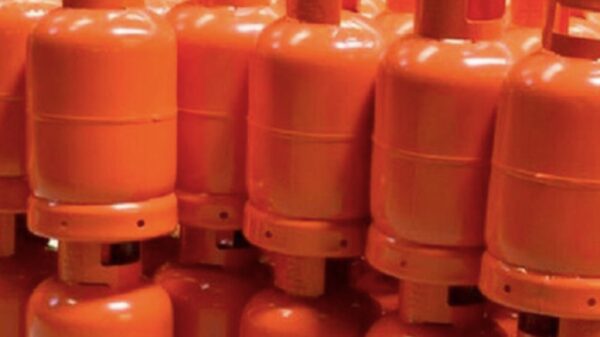


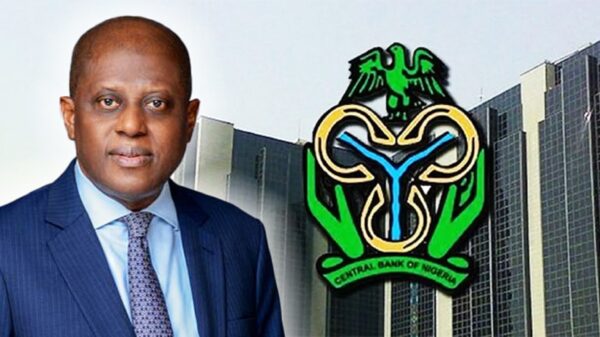






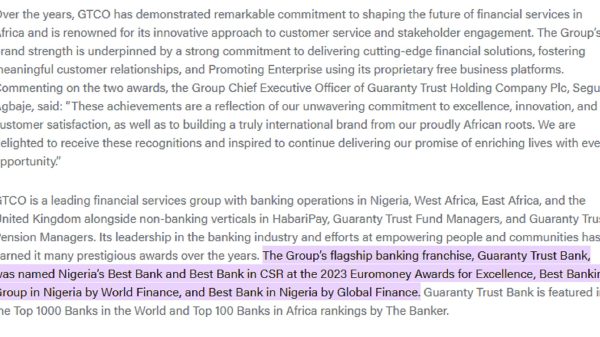



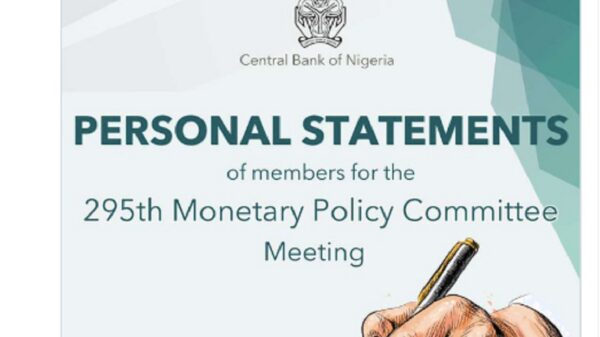
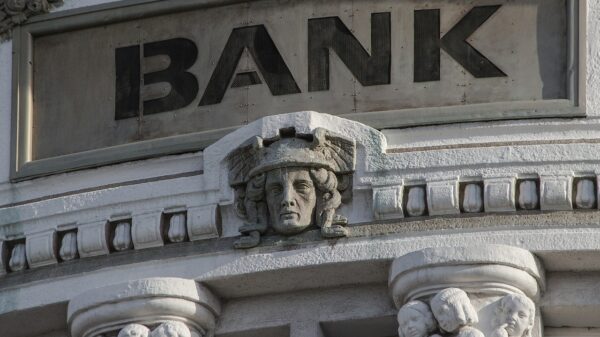


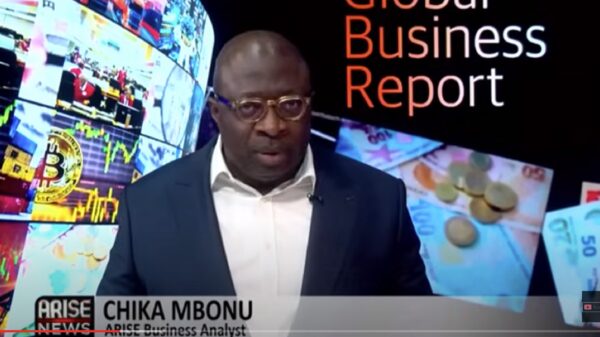





























You must be logged in to post a comment Login